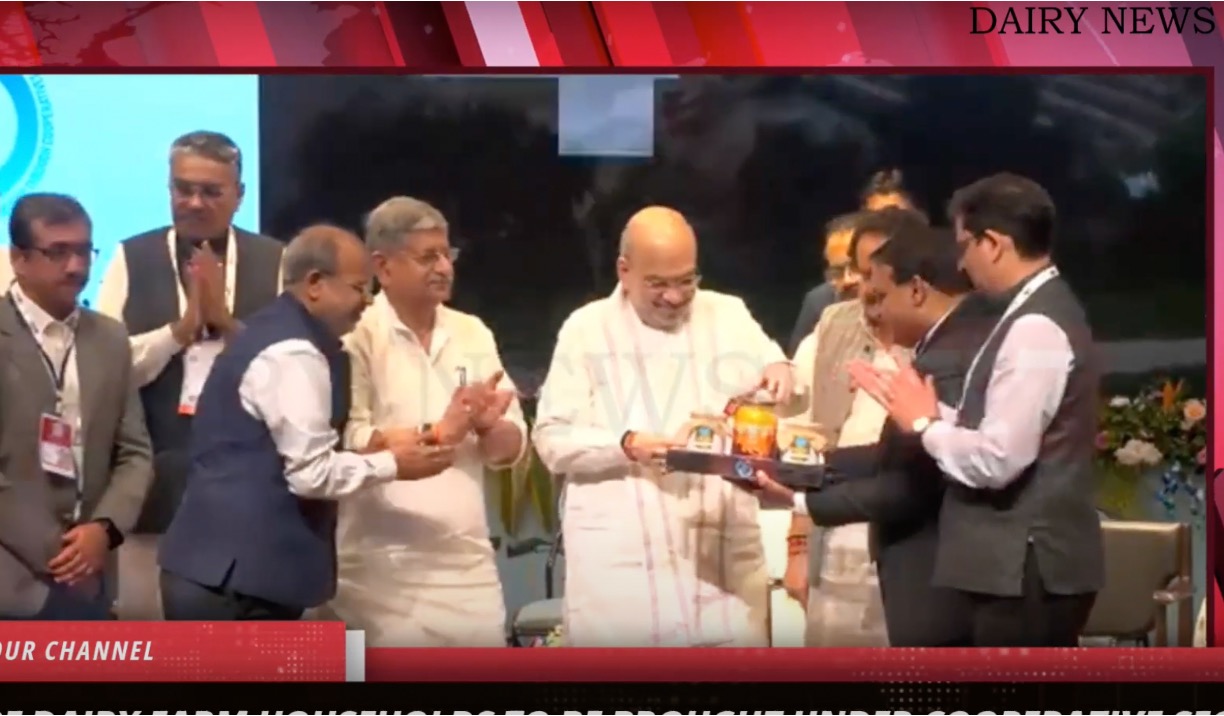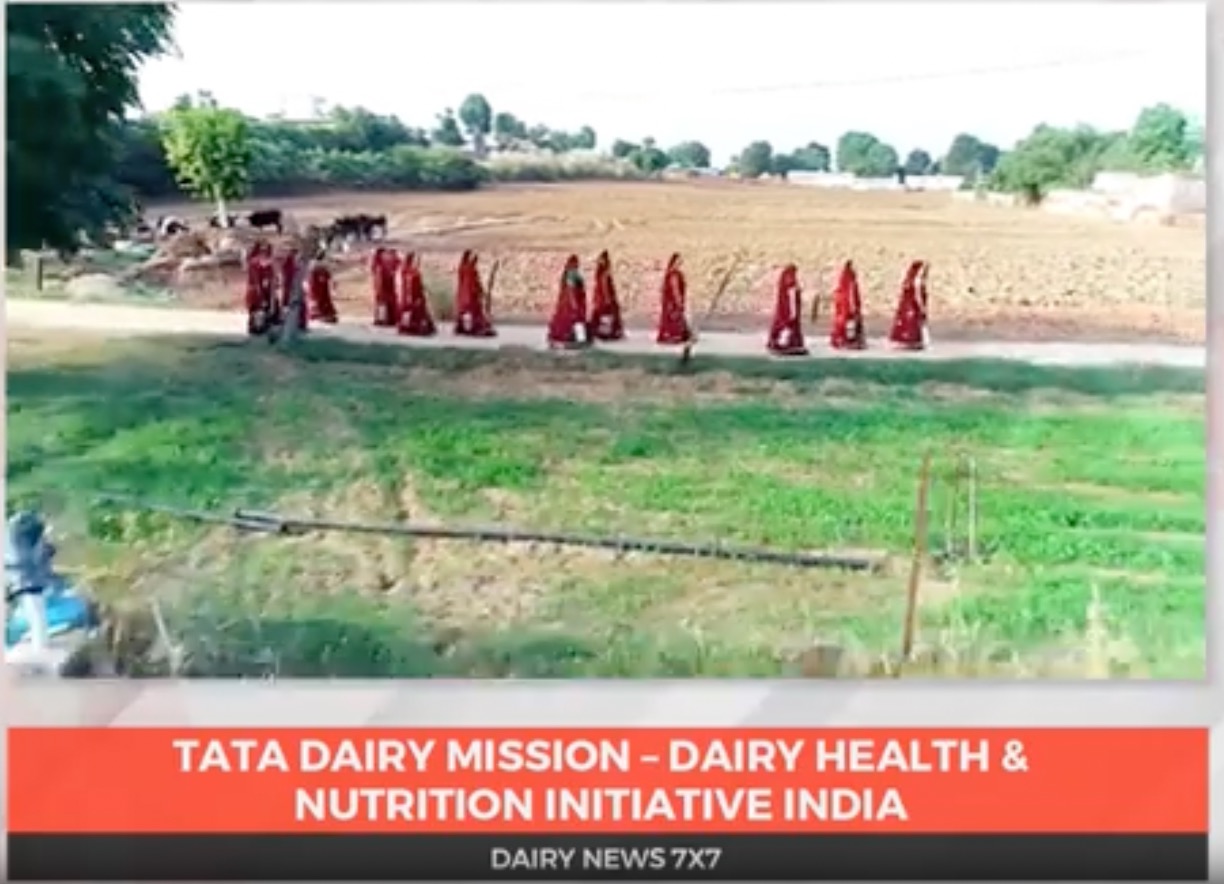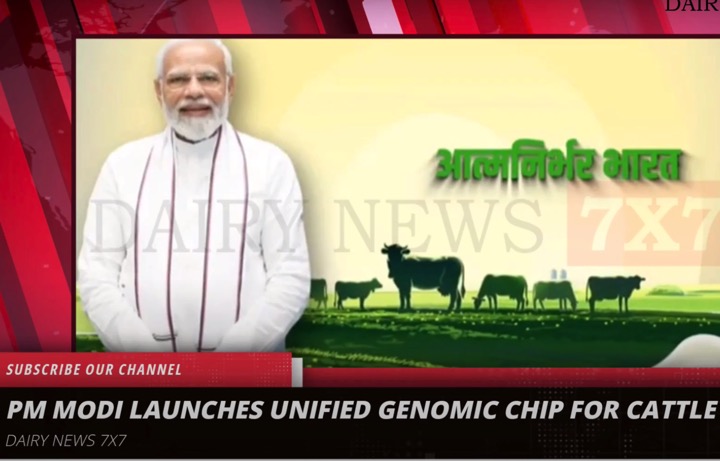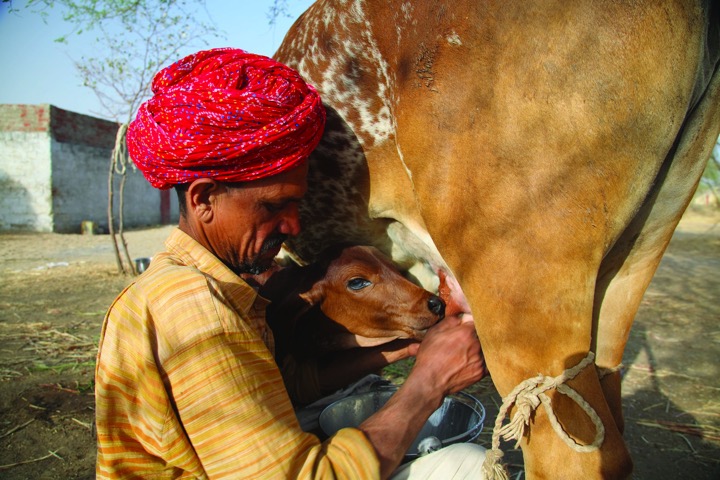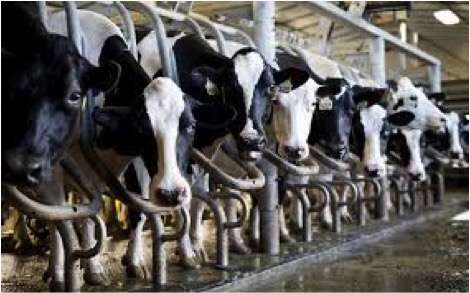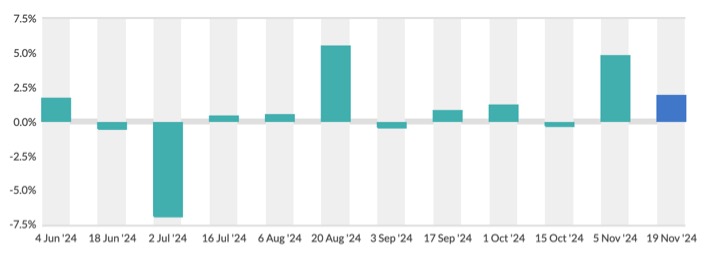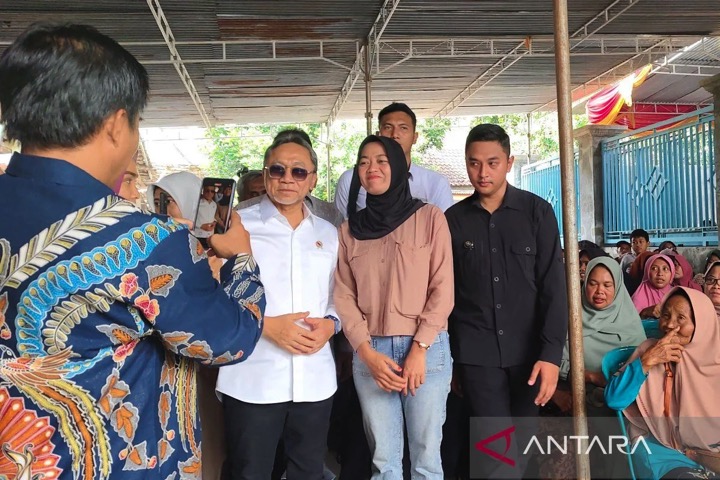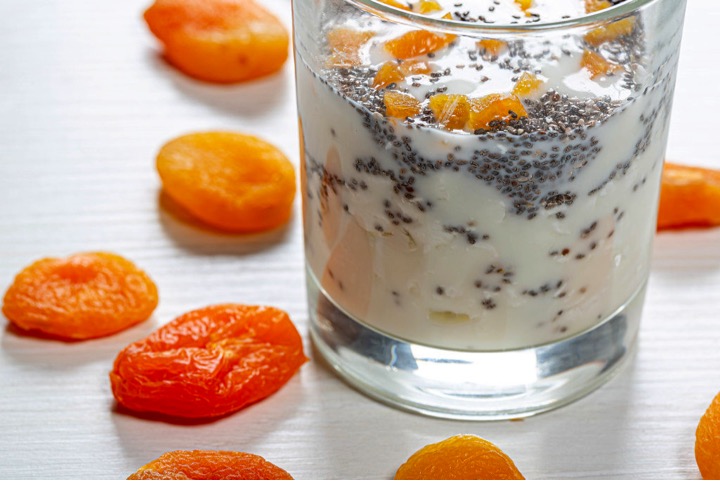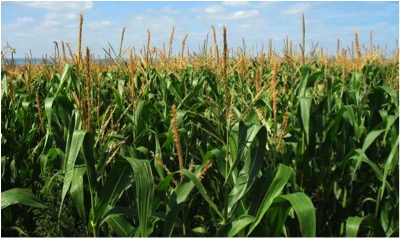India commemorates National Milk Day in tribute to Dr. Verghese Kurien, the progenitor of the White Revolution, and to acknowledge the indefatigable contributions of the nation’s agriculturists. As of 2024, owing to Dr. Kurien’s prescient stewardship and the relentless diligence of these farmers, India retains its stature as the preeminent milk producer globally. The nation accounts for more than a quarter of the worldwide dairy output and has witnessed a vigorous annual growth rate in milk production of 6%, markedly surpassing the global median of 2%. In the fiscal year 2022-23 alone, India generated upwards of 230 million tons of milk, exemplifying the dynamic confluence of visionary leadership and assiduous farming methodologies.
The transformation of India from a milk-deficit nation in the 1950s to its status as a global dairy leader is an extraordinary tale of economic and agricultural triumph. During the mid-20th century, India was grappling with a significant shortfall in milk production, evidenced by a negative compound annual growth rate and heavy reliance on milk imports to meet domestic demand. Fast forward to the present, and the scenario has dramatically shifted.
As of the 2022-2023 period, India’s per capita milk availability has surged impressively from just 115 grams per day in the 1940s to 459 grams per day. This impressive growth in milk production has been a nationwide effort, with significant contributions coming from states such as Uttar Pradesh, Rajasthan, Madhya Pradesh, Gujarat, Andhra Pradesh, Karnataka, and West Bengal. Together, these regions illustrate the robust and sustained growth of India’s dairy sector, which not only meets domestic needs but also positions India as a key player in the global dairy industry.
The dairy sector occupies a cardinal position in fortifying India’s agrarian economy, engaging over eight crore farming households. It acts as a fundamental pillar for the sustenance of millions of small-scale farmers by furnishing them with consistent sources of income. Notably, dairy farming is instrumental in empowering female agriculturists, who frequently assume the management of livestock and oversee the processes of dairy production. This sector not only underpins economic stability for these families but also augments social prestige and amplifies decision-making authority among women in pastoral locales. Enhanced support has been rendered through augmented access to resources, expansive training, and robust financial services, which have, in concert, escalated productivity and markedly ameliorated the quality of life within these communities.
Milk is a fundamental part of the Indian diet, rich in essential nutrients that promote health and wellbeing. It offers a good source of calcium, crucial for strong bones and teeth, along with high-quality proteins that aid muscle repair and development. Additionally, milk is enriched with vitamins such as vitamin D, which facilitates calcium absorption, and vitamin B12, important for nerve function and healthy blood cells. The wide availability of milk and dairy products has played a significant role in improving the nutritional standards and reducing malnutrition throughout India, making it a staple in daily consumption.
Globally, India’s dairy sector serves as a model of successful dairy practice. Countries such as Kenya and Sri Lanka are looking to India for collaboration in establishing their dairy industries, facilitated by the National Dairy Development Board (NDDB). India has been a major dairy representative on global platforms such as International Dairy Federation. This international collaboration not only highlights India’s dairy expertise but also promotes global food security.
The role of government policies has been key in this success. Initiatives aimed at increasing milk production, improving quality, and ensuring fair pricing for farmers have been crucial. Investments in infrastructure, such as milk chilling units and processing facilities, and the promotion of cooperative models have helped stabilize the market and ensure that a significant portion of the consumer price returns to the producers.
The announcement of White Revolution 2.0 adds another chapter to India’s dairy journey, bringing a renewed resolve to strengthen the farming community and cooperative sector. By focusing on self-reliance, empowering women, and integrating technology, this initiative envisions a brighter future for farmers, reinforcing India’s position as a global dairy leader and a model of sustainable growth. This further revolution aims to collectively resolve challenges, bolster farmers, and uplift the farming community. While the journey so far has been glorious, the future holds even greater promise, with transformative developments in the cooperative sector paving the way for inclusive and sustainable progress.
Looking forward, the Indian dairy sector is ripe with opportunities for growth and modernization. The integration of advanced technology and innovative farming practices promises to revolutionize this traditional industry. Furthermore, there is a growing emphasis on sustainability within the sector, aiming to minimize environmental impacts while maintaining economic profitability.
The increasing involvement of India’s youth in dairy farming, equipped with technological know-how and innovative approaches, is a promising development for the sector’s future. These young entrepreneurs are driven by the potential to integrate technology and sustainability into traditional farming practices, transforming the industry into a more productive and efficient part of the agricultural economy.
As India marks National Milk Day, it is vital to celebrate and support the dairy sector, which stands as a pillar of rural economic stability and a significant player on the global stage. The sector’s evolution from its early days of scarcity and rationing to becoming a world leader in milk production showcases the resilience, innovation, and diligence of countless individuals. Looking forward, projections indicate that by 2030, India will account for one-third of global milk production, according to Dr. Meenesh Shah, Chairman, NDDB. This growth trajectory, firmly rooted in the legacy of Dr. Kurien, underscores the ongoing need for investment and innovation to ensure the dairy sector remains a dynamic part of India’s economy and a key contributor to global nutrition and food security.
(Manish Bandlish is the Managing Director at Mother Dairy Fruit & Vegetable Pvt Ltd.)










